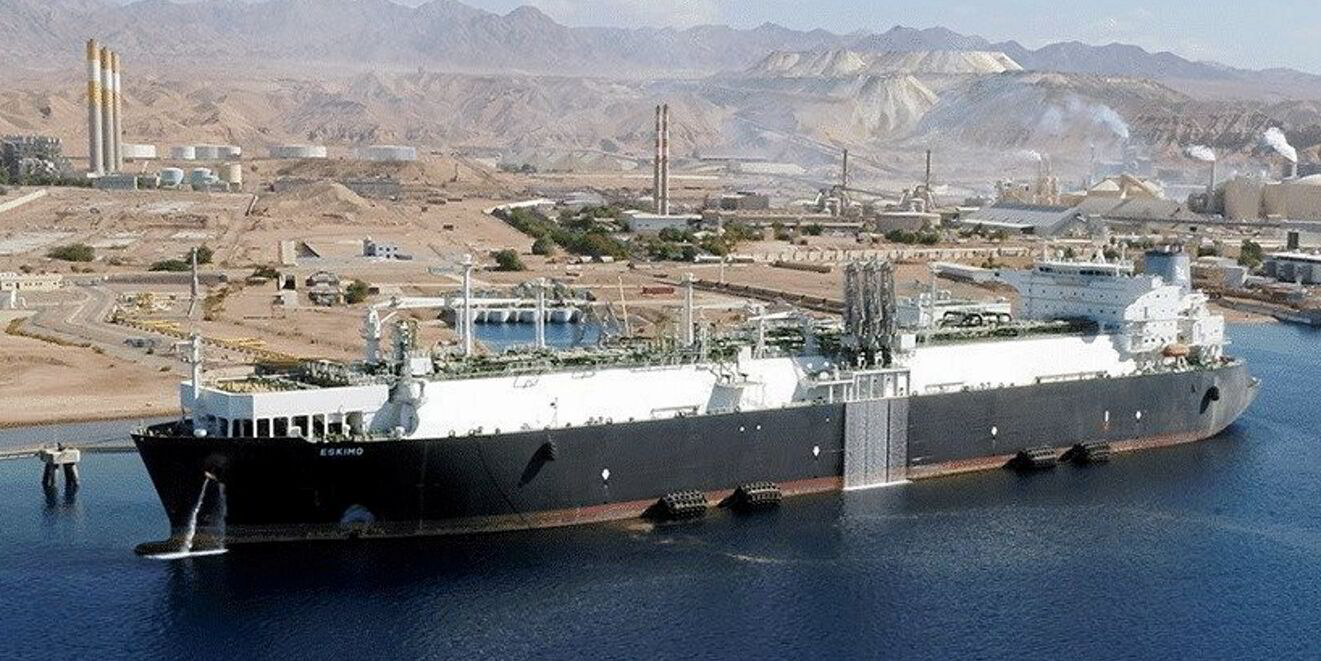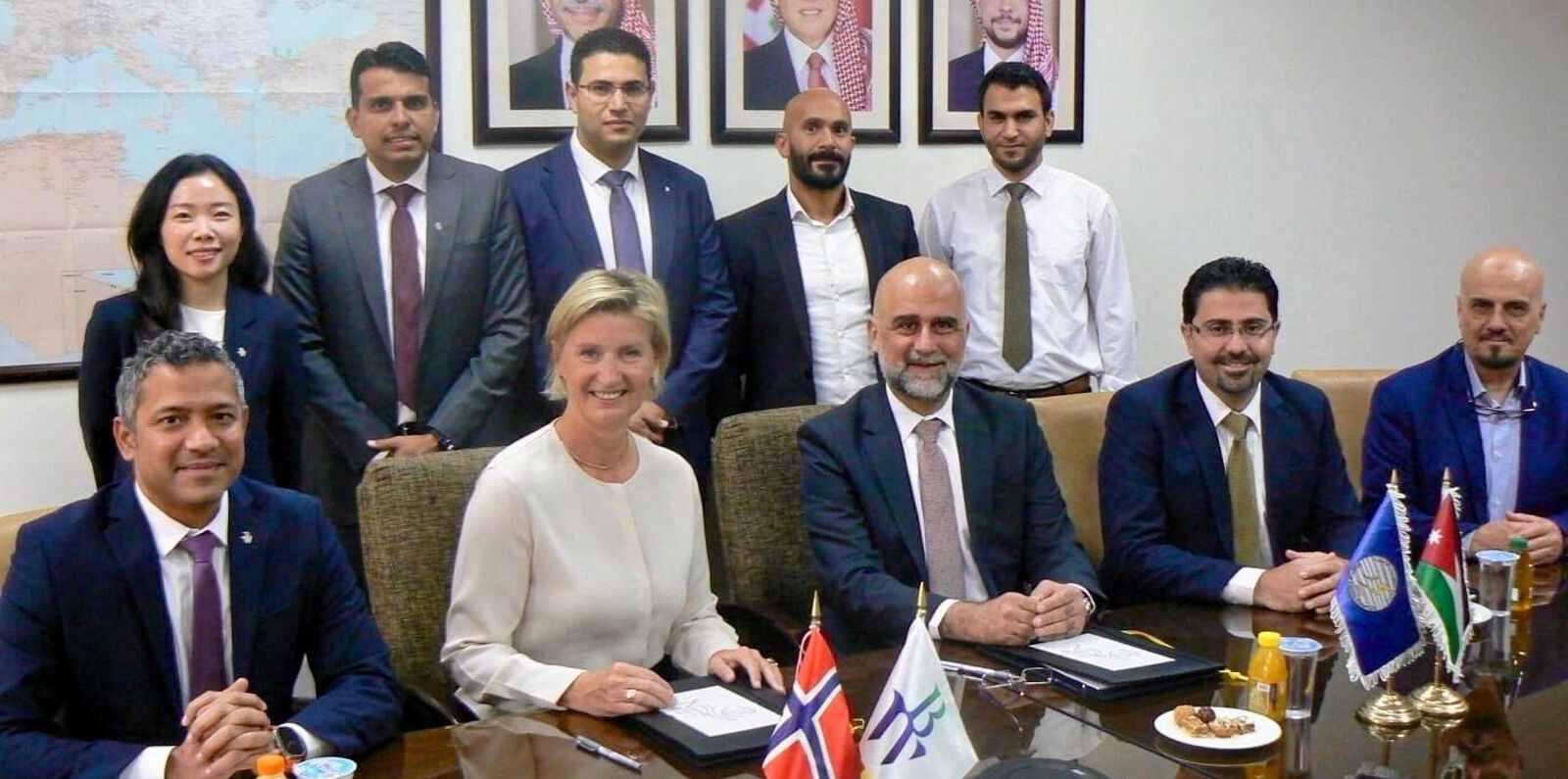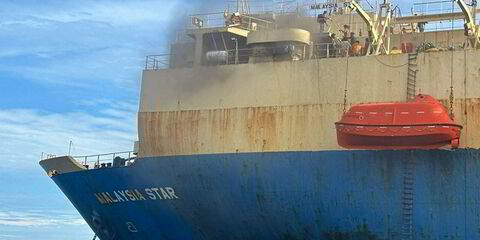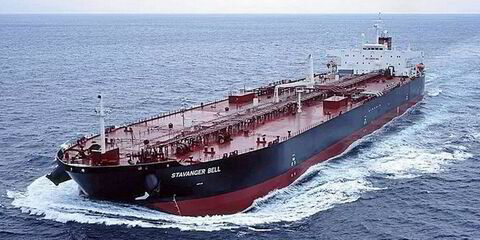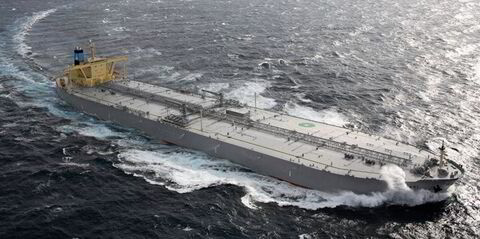A floating storage and regasification unit currently controlled by Energos Infrastructure is being named as the vessel booked for a long-term charter by the Egyptian Natural Gas Holding Company (EGAS).
The 160,000-cbm Energos Eskimo (ex-Golar Eskimo, built 2014) is set to shift over to work for EGAS in a move that will involve the departure and arrival timings of two other related LNG vessels, according to those following the business.
Brokers explained that while Energos currently charters the FSRU to Jordan’s national utility National Electric Power Company (NEPCO), the unit will default to New Fortress Energy at the end of this charter in June 2025.
They indicated that the deal with EGAS will be a sublet from New Fortress, with Energos Infrastructure remaining as the operator of the vessel.
Shipbroker Fearnleys said today that EGAS has chartered an FSRU for 10 years and could be looking for a second unit.
Currently, the Energos Eskimo is deployed in nearby Jordan. But in September, BW LNG announced it is converting one of its LNG carriers into a floating storage unit for NEPCO.
Jordan has said it is expanding its LNG importing capabilities by installing onshore facilities which will be supported by an FSU.
The FSU is due to arrive at Sheikh Sabah LNG Terminal in Aqaba in the third and fourth quarters of 2026.
Currently, EGAS is using Hoegh LNG’s 170,000-cbm FSRU Hoegh Galleon (built 2019) which arrived in the port of Ain Sokhna this year.
The Hoegh Galleon is sub-chartered from Australian Industrial Energy, which is building out an import facility in Port Kembla, New South Wales.
This FSRU is due to remain in Egypt for between 19 and 20 months, Hoegh said previously.
Sources said that under current plans the Energos Eskimo will shift to Egypt once the new BW LNG FSU arrives and the Hoegh Galleon leaves for Australia.
But timings are unclear as yet.
TradeWinds has contacted Energos for confirmation and comment. Previously the company has not responded to any direct questions.
Egypt previously hosted two FSRUs. But the country started experiencing shortfalls in its gas production in 2022 and became a net gas importer in the first half of 2023 relying on piped Israeli imports to balance supply before the arrival of Hoegh’s unit this year.
